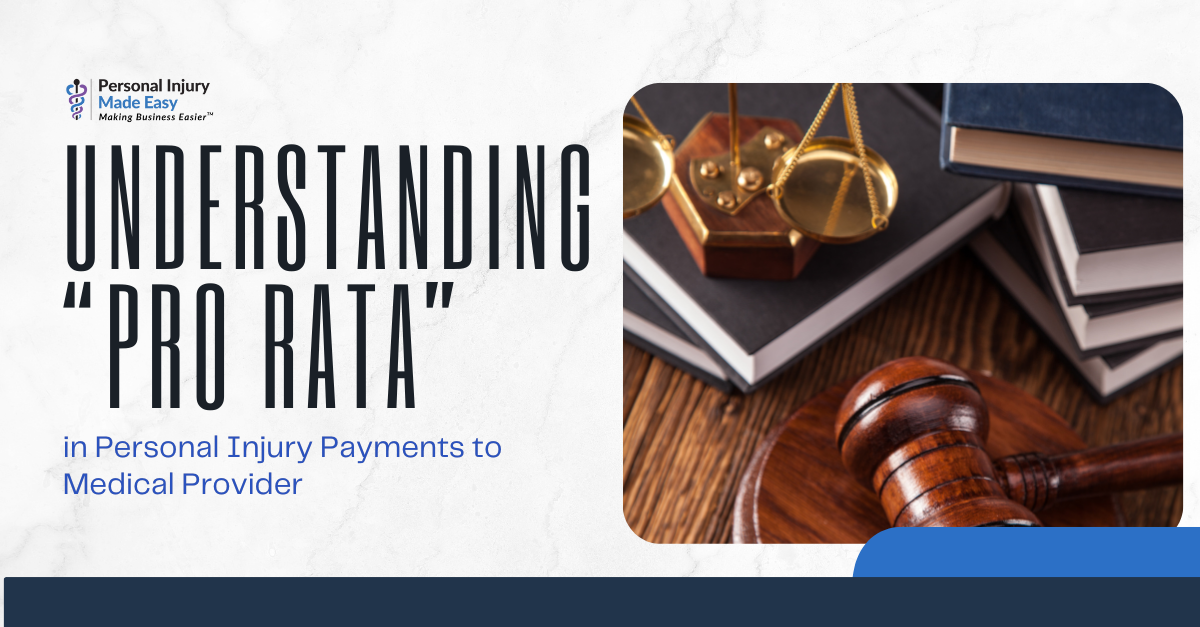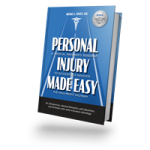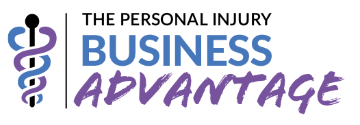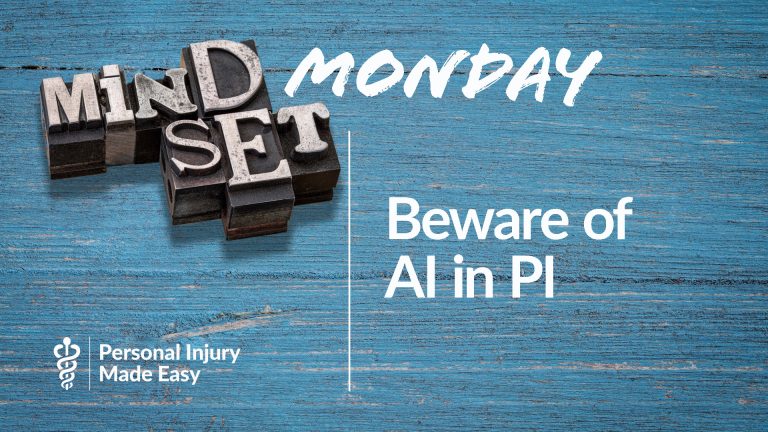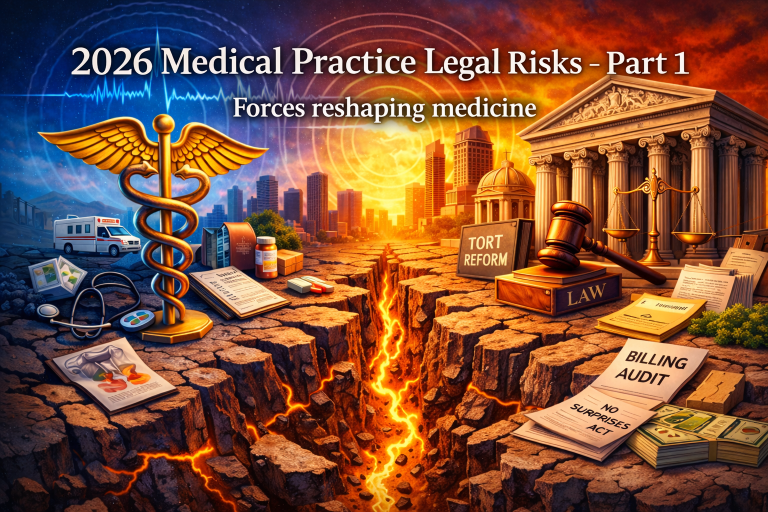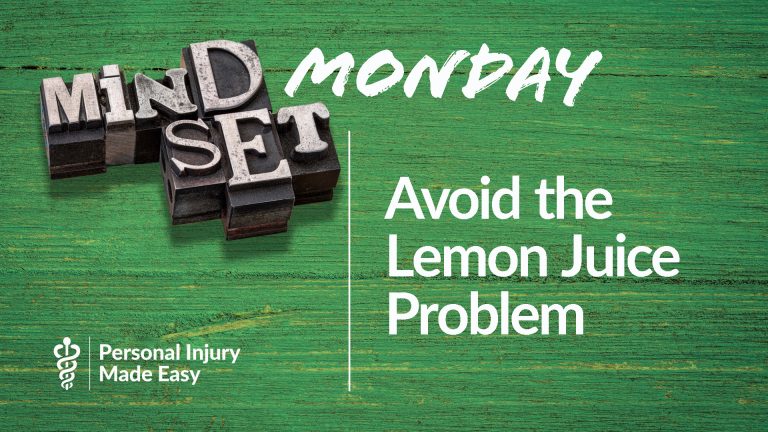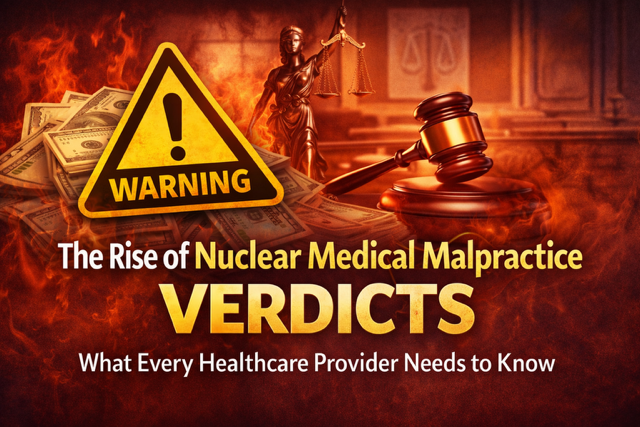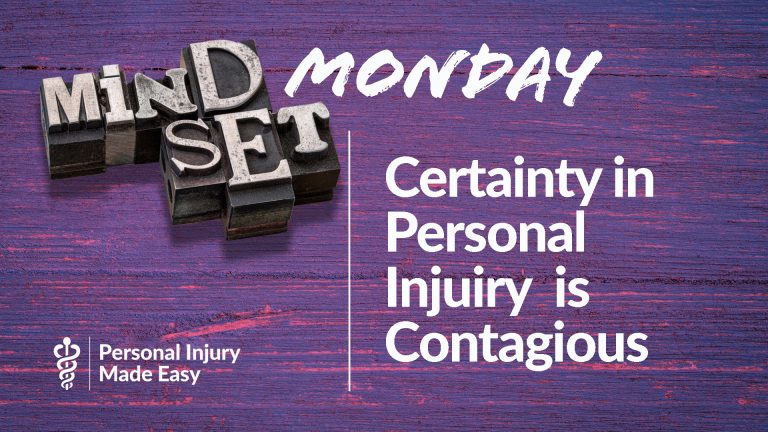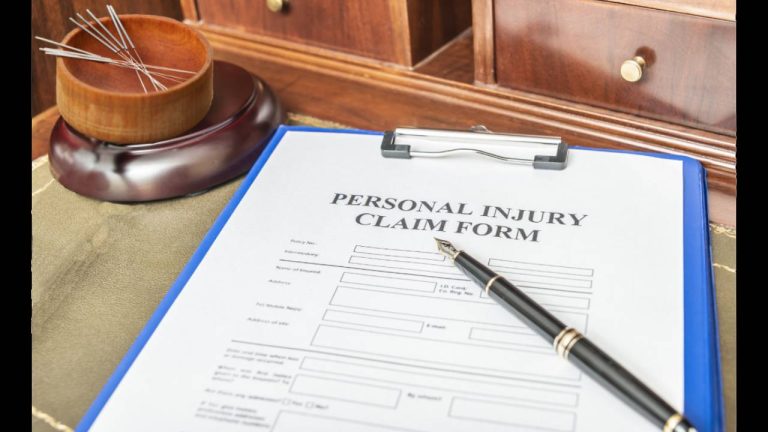
Hey Acupuncturists: The Time for Personal Injury Is Now!
By Michael Coates
Thanks to a nationwide trend in minimum insurance coverage requirements, acupuncturists are even better positioned than before to expand the personal injury segment of their practices.
Understanding this opportunity starts by looking at the current automobile insurance requirements. Here is what you need to know: Across the country, state legislatures are increasing the required minimum auto insurance coverage drivers must carry. In California, for instance, the requirements are set to more than double by 2025.
| Minimum auto insurance coverage requirements in California … | Now | 2025 |
| Bodily death or injury for one victim | $15,000 | $30,000 |
| Bodily death or injury for two victims | $30,000 | $60,000 |
| Property damage | $5,000 | $15,000 |
New Jersey is planning to increase its requirements twice over the next three years.
| Minimum auto insurance coverage requirements in New Jersey … | Now | 2023 | 2026 |
| Bodily death or injury for one victim | $15,000 | $25,000 | $35,000 |
| Bodily death or injury for two victims | $30,000 | $50,000 | $70,000 |
| Property damage | $5,000 | $25,000 | $25,000 |
In 2020, Arizona also increased its minimum insurance coverage. And more than a few people in states like Florida are working to eliminate the “no fault” clause so that insurance companies must pay out more in motor vehicle collisions.
(A listing of all minimum car insurance requirements by state can be found by scrolling midway through this article.)
The downside of these changes is that many drivers’ auto insurance premiums will likely increase, particularly if they tend to carry the minimum requirements. And because post- pandemic drivers are returning to in-person work, average car insurance rates are already expected to increase by a giant 8.4 percent this year.
This will take the current average annual cost from $1,780 to $1,930. With a few exceptions—California, D.C., Hawaii, Vermont, and Wyoming—every state is expected to see a rate increase of at least 1 percent.
And some states will make out even worse, such as Illinois (17.1 percent increase), Arizona (14.6 percent), Georgia (13.8 percent), and New Hampshire (13.6 percent).
The good news for acupuncturists, though, is that insurance companies will end up paying out more in personal injury (PI) cases, which means you might just less resistance from those pesky attorneys who challenge your medical bills.
Let’s look at the problems this solves in PI, and perhaps more importantly, what you should be doing to position yourself to take advantage.
The Problems in Personal Injury
The simple explanation is this: Very often, the proceeds from a personal injury case just aren’t enough to go around. Let’s take California as an example. California’s current minimum requirement for property damage is $5,000. Particularly in California, $5,000 doesn’t go far. It might cover a person’s lattes and avocado toast for a year, but it won’t cover even relatively small damages on newer cars. And in the case of injury, the current minimum of $15,000 for one person very well might not cover the attorney’s fees (which generally run from 33 percent to 40 percent), plus medical bills, plus a little money for the victim’s pain and suffering.
Beyond that, the insurance companies do not want to pay a dime. They do their best to poke holes in the patient’s claims and the medical provider’s treatment.
Then add this problem to the mix: Attorneys are paid on contingency, meaning they do not get paid unless the case pays out, either via a trial, arbitration, or settlement. Very often, attorneys know that going to trial is going to be more hassle than it is worth, particularly when the insurance coverage are low. After crunching the numbers, attorneys might decide that going to trial does not make sense from a monetary perspective, so they try to settle for less than policy limits to save themselves the hassle. After all, time is money!
Sure, their 33 to 40 percent isn’t as much dollar-wise, but they saved themselves hours and hours of time as well as perhaps expert fees and other costs. In the end, they are faring better. They can use the time they saved to take on a more-promising case.
That said, when a case settles for less than policy limits, the patient also takes a monetary hit, and this puts attorneys in a pickle: They want their patient to be happy.
So, what happens? The attorney often comes after you, the acupuncturist. After all, if the attorney can bully or intimidate you into reducing your bill, the client will walk away with more money.
Basically, it’s a domino effect. Everyone wants money, and the acupuncturist—who is a healer and harmonizer by nature—ends up with the smaller side of the wishbone. Some attorneys will use less than ethical tactics, including misleading the patient and misrepresenting the law when concerning your right to be paid.
For instance, have you ever had an attorney threaten interpleader? If you know the law, interpleader will work in your favor (especially with respect to higher bills). And have you ever had an attorney claim that you must share an equal pro rata percentage like all other providers and only from one-third of the settlement pot? The truth is, in almost all 50 states, the patient still owes the balance of the medical bills, regardless of the case outcome.
You get the point: Personal injury could feel like it is more trouble than it is worth. If those are your thoughts, though, you would be wrong, big time—especially given the new trends in insurance coverage.
Ramp Up Your PI Segment—Today!
Here is something that might shock you: When you understand personal injury, PI should be the best paying segment of your practice—far better than insurance and cash. Let me explain …
Though attorneys might have you believe otherwise, acupuncturists who take PI cases on medical lien (lien) or a letter of protection (LOP) are not agreeing to a discount.
Rather, taking patients on lien or LOP is akin to extending credit to a patient. The acupuncturist is agreeing to wait for the conclusion of a court case to be paid, but the acupuncturist is owed the full amount of the bill, no matter the outcome of the case. That’s right: Though a PI attorney is paid on contingency, the patient still owes all of your bill, even if they lose at trial or have a lower-than-expected settlement.
So, while you might offer a cash discount, and insurance adjusters will surely contest at least some of your treatment charges, patients in almost all 50 states owe the full amount of a medical lien bill at your full retail rates, regardless of the outcome of the case. (And if you practice in a “common fund” state, the patient likely still owes the balance of the outstanding amount unpaid after the PI case settlement is paid out.)
For acupuncture bills—which can be denied by insurance, even for Personal Injury Protection (PIP) coverage in some states—you can recover your full retail rates in PI. You avoid the insurance battles and the PIP battles (though you still will have the attorney battles, though there are tools, methods, and coaching programs to help for that!)
And that’s why acupuncturists who understand PI can expect it to be the best-paying segment of their practice. Long story short: You don’t have to reduce your bills. Period. You may want to, depending upon the individual circumstances, but it is your choice.
The even better news is this: Some of the pressure is about to be lifted. Attorneys (and their clients/your patients) will have a bigger pot of money to collect from. More cases will go to trial as a result, likely increasing settlements and allowing for more successful verdicts, so attorneys might not be quite as threatening when it comes time to pay the medical providers.
First Act: Position and Protect Yourself
If you are not practicing in PI, now is the time to dip your toes in the water and get the lay of the land. Once you understand PI, setting the stage for success is simple. You can and should put things in place that best position your bill recovery and protect your practice. You need to learn how to:
- Use a rock-solid lien or LOP. This is your foundational contractual agreement through which all rights and obligations flow. Your lien, which you should ask both the patient and the attorney to sign, should make it abundantly clear that the patient owes the full balance of the bill, regardless of the outcome of the case.
- Communicate transparently with the patient and the attorney. You can do this in writing and via conversations. For instance, during the patient’s intake, you can let the patient know that unless they have talked to you directly and have it in writing from you, they should assume that you expect your bills to be paid in full, and that they should verify with you if the attorney is telling them otherwise.
- Send monthly statements to the attorney and the patient. Include a fee comparison. (Check out FairHealthConsumer.org as one resource to compare fees.) This fee comparison can support your fees and helps the attorney defend your bills to the insurance adjuster during settlement discussions. Bill support also gives you leverage to push back if the attorney tries to play one of their favorite tricks: Using your bills to force a payout from the insurance company, and then turning around after the case concludes and asserting that your bills are unreasonable. If you have sent regular statements, the attorney had plenty of opportunities to let you know if they disagreed with your treatment or the reasonableness of your charges.
- Comply with the No Surprises Act (NSA) and include a good-faith estimate (GFE) when you begin treatment in a PI case. Though this new law might seem like one more regulation that you need to follow, in fact, it’s excellent news for acupuncturists. It works like this:
- The patient’s attorney will look at your good-faith estimate, and he or she will tell the patient, “Yes! Do that.” After all, your medical treatments will help the attorney prove the patient’s claims of damages.
- The attorney’s endorsement will validate both your billing and your treatment and position you as an expert. This gives you an opportunity, during treatment and post-discharge, to teach your patient about the many ways acupuncture can help them and those they know treat or prevent other ailments. In other words, it gives you an opportunity to teach them about term wellness care.
- Speaking of term wellness care, a large segment of your business likely consists of per-visit patients, but the NSA’s requirement for GFEs changes the mindset of your patients. After all, a GFE is required for recuring treatments of self-pay patients, and must therefore be supplied for most PI patients, including those with medical expense or personal injury protection (MedPay or PIP), as those aren’t guarantees of payment. When you have successfully treated them for their personal injury ailments, you will be better positioned to transition these patients to long-term wellness care patients.
Wouldn’t it be nice to have a significant number of your appointment slots filled in advance? The NSA lets you more easily turn this dream into a reality, as PI patients are trained in a new habit: term care plans.
The new rise in minimum insurance trends across the country are going to lift an already profitable practice segment even higher, so the time to rejoice is now. It’s also time to take action!
- If you aren’t in PI, get in. The business rule of thumb is: Follow the money, and the money is in PI.
- If you are doing a little PI, beef up this segment within your acupuncture practice!
- If you are doing a lot of PI, use your PI practice segment to increase the wellness side of your practice by taking advantage of the NSA and the wonderful synergy between injury and wellness care.




